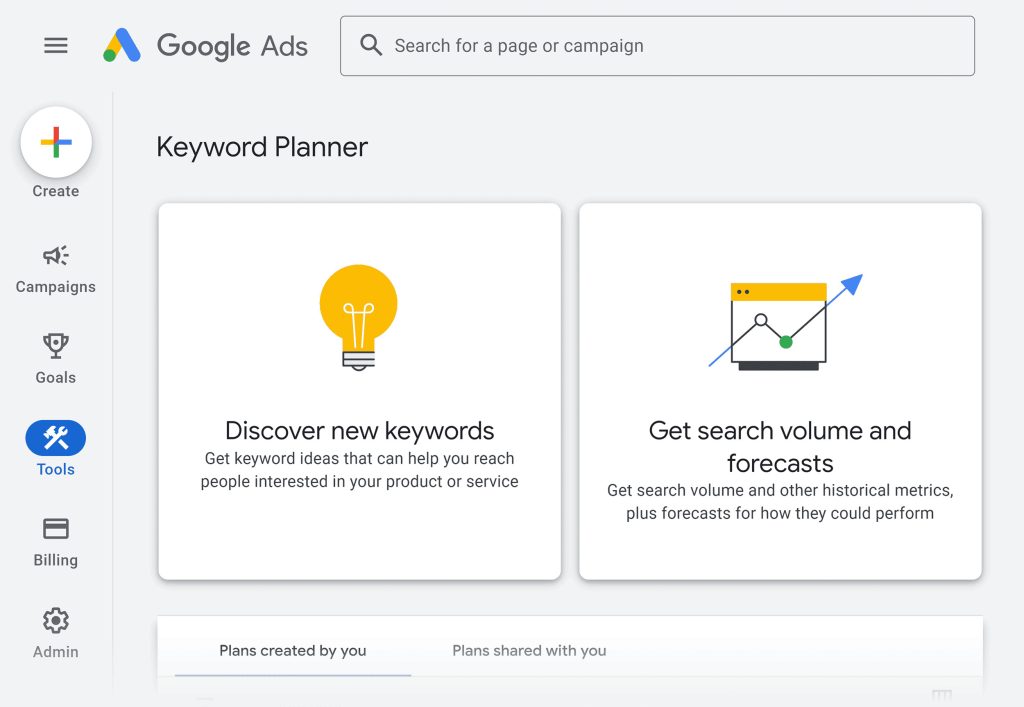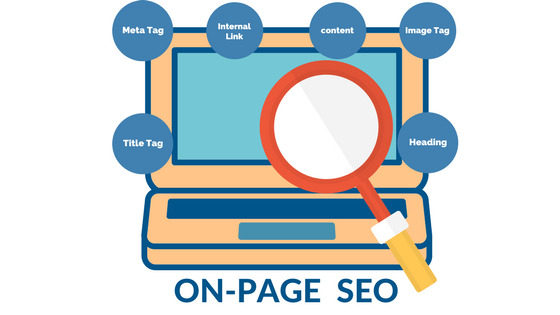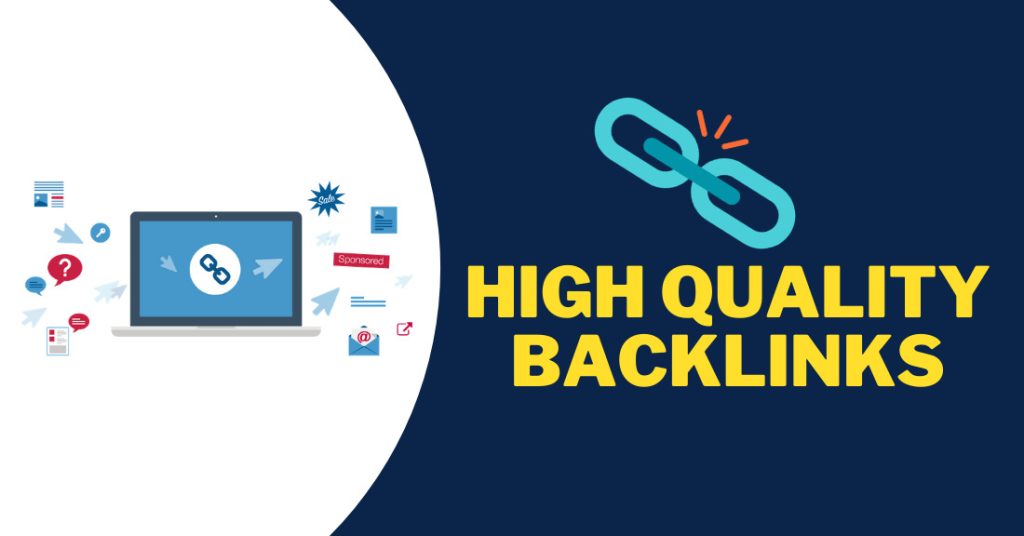Achieving a high ranking on Google’s first page is one of the most sought-after goals for businesses today. When your website appears on the first page of Google search results, it enhances your visibility, credibility, and overall online presence. More importantly, it drives organic traffic to your website, potentially increasing sales and conversions.
However, getting to the first page isn’t something that happens overnight. It takes time, consistency, and the application of proven strategies. This article will explore 5 powerful SERP strategies to help your business improve its rankings on Google’s first page. By implementing these tactics, you’ll position yourself ahead of the competition and attract more qualified visitors to your site.
Table of Contents
1. Optimise Your Keyword Strategy

Keywords are the foundation of SEO. If you want your website to rank well on Google’s first page, you need to know what your target audience is searching for. Optimising your keyword strategy allows you to create content that directly addresses the needs and interests of your audience.
Start by conducting thorough keyword research. Tools like Google Keyword Planner, SEMrush, and Ahrefs can help you identify high-volume and low-competition keywords relevant to your business. It’s essential to focus not just on broad, highly competitive keywords but also on long-tail keywords that are more specific and easier to rank for.
Once you have your target keywords, strategically incorporate them into your website’s content, including titles, meta descriptions, headers, and throughout the body of your content. Remember, keyword stuffing is a thing of the past—ensure your content is naturally written and valuable to users.
2. Perfect On-Page SEO

On-page SEO refers to optimising individual pages of your website to make them as search-engine-friendly as possible. This includes title tags, meta descriptions, header tags, and URL structure. Google favours websites that provide users with high-quality, relevant, and easy-to-read content.
To enhance your on-page SEO, optimise each page for the target keywords. Start with the title tag and meta description, which should include the primary keyword and be crafted to entice users to click through. Use header tags (H1, H2, H3) to structure your content and make it easy to navigate. Also, ensure your URLs are clean descriptive, and include relevant keywords.
By improving on-page SEO, you enhance the relevance of your content to both Google’s algorithms and the users who visit your site, making it more likely to appear higher in search results.
3. Speed Up Your Website’s Loading Time

Website speed is a crucial ranking factor that often gets overlooked. Slow-loading websites not only frustrate visitors but they also suffer in terms of SEO rankings. Google has clarified that fast-loading websites provide a better user experience and deserve to rank higher.
To improve your website’s speed, start by optimising your images. Large image files can drastically slow down your site so that all images are compressed without compromising quality. Additionally, you can enable browser caching, which allows your website’s data to be stored on users’ devices, reducing load times on subsequent visits.
Consider using a Content Delivery Network (CDN) to serve your site’s content from a network of global servers, which reduces latency and speeds up loading times. Regularly test your website’s performance using tools like Google PageSpeed Insights, and make necessary improvements based on the feedback.
4. Build High-Quality Backlinks

Backlinks are one of the most critical factors in SEO. When reputable websites link to your site, it indicates to Google that your content is valuable and trustworthy. The more high-quality backlinks you acquire, the more your site will rank in search results.
Building backlinks involves reaching out to other websites for opportunities to get linked. You can do this through guest blogging, influencer outreach, or creating shareable content that naturally attracts links. Be selective about the sites you get links from, as Google values backlinks from authoritative websites more than low-quality sources.
Avoid the temptation of purchasing backlinks or engaging in link farms, as these can result in penalties and harm your rankings. Instead, focus on organic methods for building high-quality backlinks to improve your authority and credibility in your industry.
5. Prioritise Mobile-Friendliness and User Experience (UX)

With mobile traffic outpacing desktop usage, Google has prioritised mobile-friendliness as a ranking factor. If your website isn’t optimised for mobile devices, it could negatively impact your rankings and user engagement.
Start by ensuring your website is responsive, meaning it automatically adjusts its layout and design to fit any screen size. Additionally, ensure your mobile site has fast load times, intuitive navigation, and clear calls to action. Google values websites that offer a seamless user experience across all devices, as do users.
In addition to mobile-friendliness, focus on creating a positive user experience (UX) overall. This includes easy-to-navigate menus, readable fonts, and a professional design. Websites with excellent UX see lower bounce rates and higher engagement, which Google rewards with better rankings.
Conclusion
Achieving a top ranking on Google’s first page requires combining technical SEO skills, content optimisation, and a focus on user experience. By implementing these five strategies—optimising your keyword strategy, perfecting on-page SEO, speeding up your website, building quality backlinks, and prioritising mobile-friendliness and UX—you’ll significantly improve your chances of reaching page one rankings.
While these strategies are highly effective, SEO can be complex and time-consuming. If you want to accelerate your growth and stay ahead of the competition, consider partnering with Newnormz. Our team of SEO experts can help tailor a personalised strategy that suits your business goals and drives long-term success. Contact us today and start climbing the SERP rankings!
Frequently Asked Questions
1. How long do these SERP strategies take to see results?
The time it takes to see noticeable results from SERP strategies can vary. Generally, it can take anywhere from 3 to 6 months to see significant improvements in rankings. However, factors such as competition, website authority, and the quality of your SEO efforts can influence this timeline.
2. Can I use these strategies for local SEO as well?
Yes, many of these strategies can be applied to local SEO efforts. Optimising for local search involves additional steps, such as creating a Google My Business profile and using local keywords. However, the core strategies of on-page SEO, mobile-friendliness, and content optimisation are still essential.
3. What tools should I use to implement these strategies?
To implement these strategies effectively, you’ll need tools for keyword research (e.g., Google Keyword Planner, SEMrush), website speed testing (e.g., Google PageSpeed Insights), backlink analysis (e.g., Ahrefs), and user experience improvement (e.g., Hotjar for heatmaps). These tools help you optimise your site for better SERP rankings.
4. How often should I update my SEO strategy?
SEO is an ongoing process, so you should review and update your strategy regularly. Typically, you should assess your SEO efforts every 3 to 6 months to ensure your content and techniques are aligned with current SEO trends and search engine algorithms.






